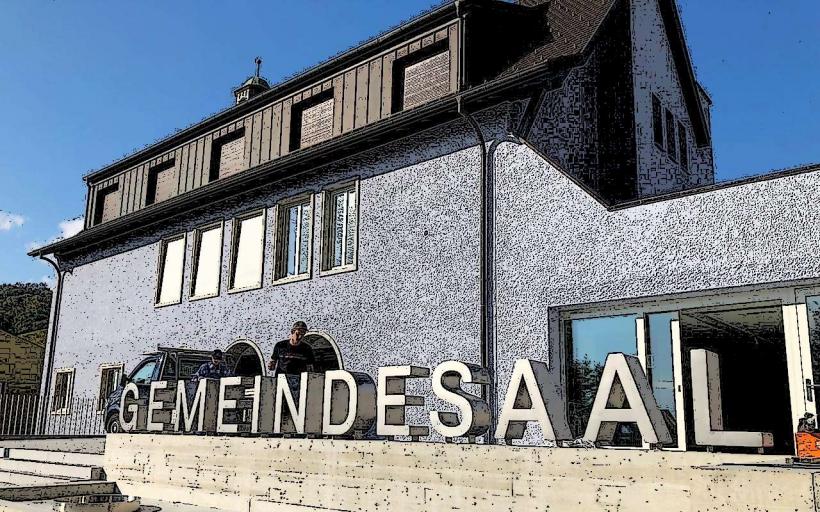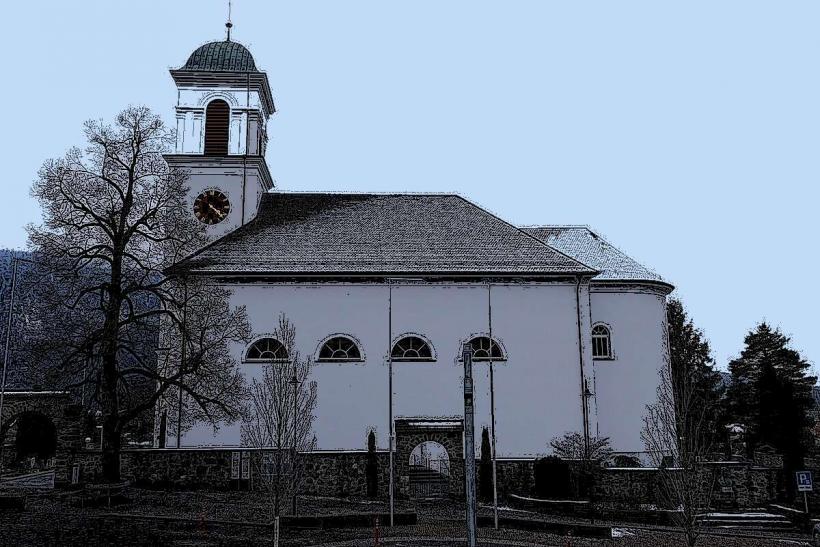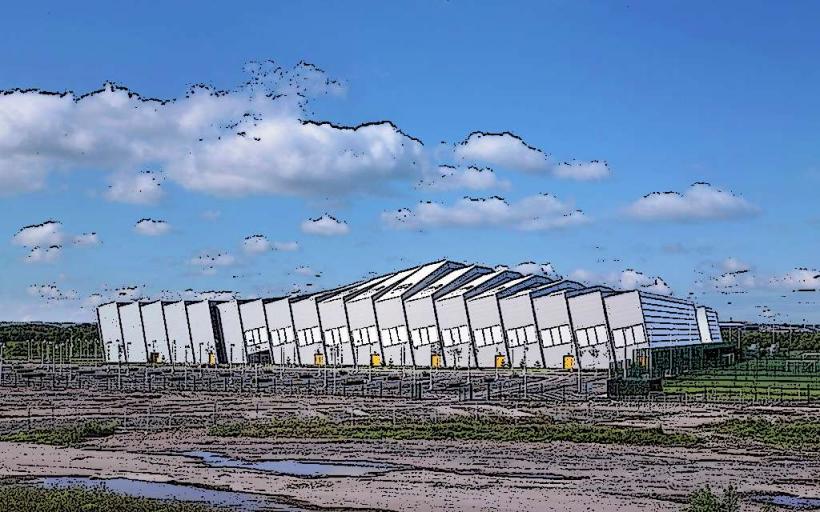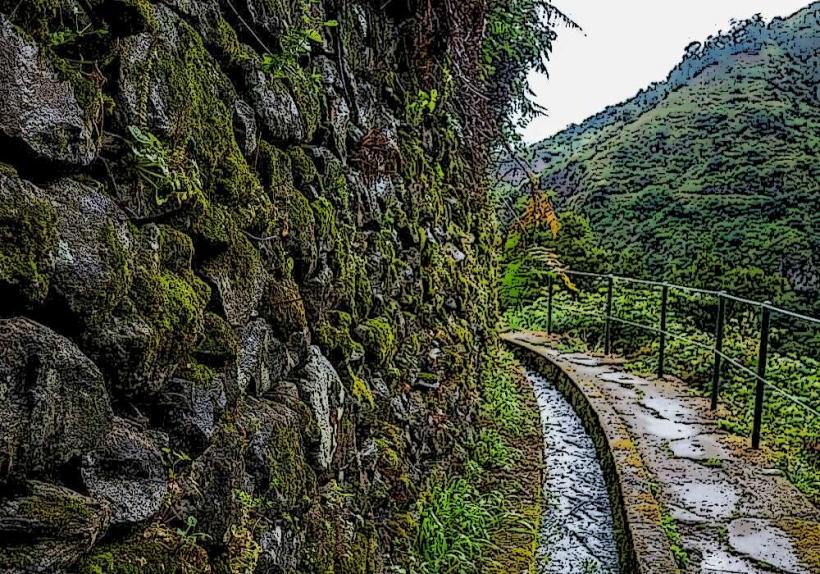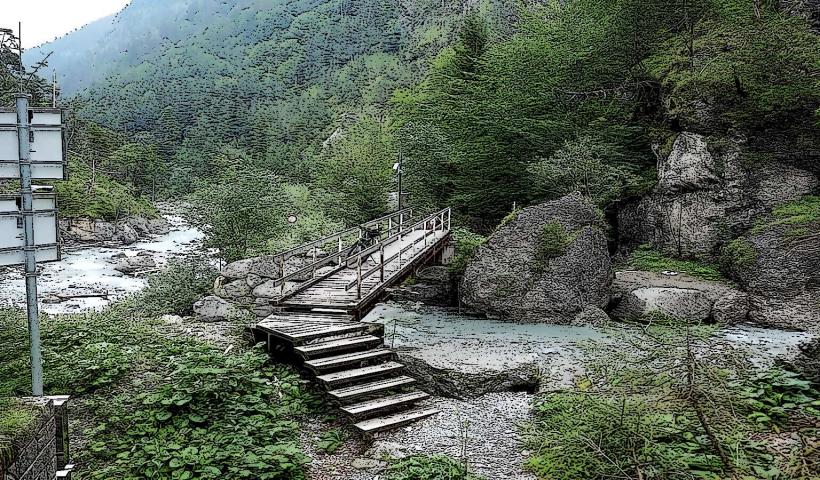Information
City: MaurenCountry: Liechtenstein
Continent: Europe
Mauren, Liechtenstein, Europe
Mauren serves as a major residential and agricultural municipality in the northern part of Liechtenstein, known as the Unterland. It is situated on the sunny eastern slopes of the Eschnerberg hill, bordering the Austrian town of Feldkirch to the east and the municipality of Eschen to the west.
Historical Timeline
The area has been inhabited since the Bronze Age, as evidenced by archaeological finds at the Schaanwald site. First documented in 1178 as Muron, the municipality’s development was shaped by its fertile soil and proximity to the regional trade route between the Rhine Valley and Austria. Significant eras include its history as a central parish for the northern villages and its 20th-century transition from a farming community to a modern residential hub. The primary event shaping the current urban form was the post-1945 industrialization of the neighboring municipalities, which turned Mauren into a preferred residential area for white-collar workers and families.
Demographics & Population
The population is approximately 4,500. The demographic profile is primarily Liechtensteiner (approx. 69%), followed by Austrians (approx. 9%) and Swiss (approx. 8%). The median age is 42.1 years.
Urban Layout & Key Districts
Mauren is divided into two main settlements:
Mauren (Village): The primary residential and administrative center located on the slopes of the Eschnerberg.
Schaanwald: A geographically distinct village to the east, situated directly on the border with Austria and serving as the country's primary road and rail customs point.
Wirtschaftspark (Industrial/Commercial): Small-scale industrial zones located on the peripheries, though most residents commute to Schaan or Vaduz.
Top City Landmarks
Parish Church of St. Peter and Paul: A significant neo-Gothic church designed by Viennese architect Friedrich von Schmidt.
Kulturhaus Rössle: A restored historic inn that serves as a central cultural and community venue.
The Birka Bird Sanctuary (Vogelparadies Birka): A recreational nature preserve and educational center.
Curta Castle (Schaanwald): Remains of a Roman villa and transit post along the ancient road to Brigantium (Bregenz).
Transportation Network
Public transit is provided by the LIEmobil bus network (Lines 11, 13, 33, and 35). Schaanwald has a railway station on the Feldkirch–Buchs line, providing regional connections to Austria. There is no Metro or Tram system. Ride-sharing apps are not operational. Traffic density is high at the Schaanwald-Tisis border crossing during morning and evening rush hours (07:00–08:30 and 17:00–18:30) as thousands of cross-border commuters enter from Austria.
Safety & "Red Zones"
Mauren is exceptionally safe with negligible crime. There are no neighborhoods to avoid. Residents maintain high levels of social trust, frequently leaving property unlocked. Environmental safety is high, though caution is advised on the secondary mountain roads during heavy snowfall.
Digital & Financial Infrastructure
Internet speeds average 175 Mbps with universal fiber-optic access. Mobile carriers include FL1, Swisscom, and Salt. Card acceptance is universal for all transaction sizes. ATMs (Bancomats) are available in the village center (Liechtensteinische Landesbank). The official currency is the Swiss Franc (CHF).
Climate & Air Quality
Temperatures range from -2°C to 4°C in winter (January) and 14°C to 25°C in summer (July). Air quality is pristine. Due to its position on the southern slopes of the Eschnerberg, Mauren receives more sunlight hours during the winter than the valley-floor municipalities, making it one of the warmest residential spots in the Unterland.
Culture & Social Norms
Tipping of 5-10% is customary in restaurants, though service is included. Punctuality is a core social value. Handshakes are the standard formal greeting. The community is known for its strong involvement in local associations (Vereine), particularly in music and sports. Public smoking is prohibited in all indoor public venues.
Accommodation Zones
Stay in the Village Center: Recommended for central access to the culture house, local dining, and the primary bus connections.
Stay in Schaanwald: Recommended for travelers requiring immediate proximity to the Austrian border and the regional railway stop.
Local Cost Index
1 Espresso: 4.80 CHF ($5.30)
1 Standard Lunch: 26.00 CHF ($28.60)
1 Bus Ticket (Single Zone): 3.00 CHF ($3.30)
Nearby Day Trips
Feldkirch, Austria: 3 km (5 minutes by bus/car).
Eschnerberg Trail: A historical hiking route starting in Mauren that connects several archaeological sites.
Vaduz: 9 km (15 minutes by bus).
Facts & Legends
A verified historical oddity is that Schaanwald was the site of the first telecommunications cable link between Liechtenstein and the international network. Local legend regarding the "Maurerberg" tells of a "Golden Cradle" buried deep within the hill by ancient Celts to protect it from Roman invaders, supposedly only visible to those who walk the hills in silence on the night of a full moon.

